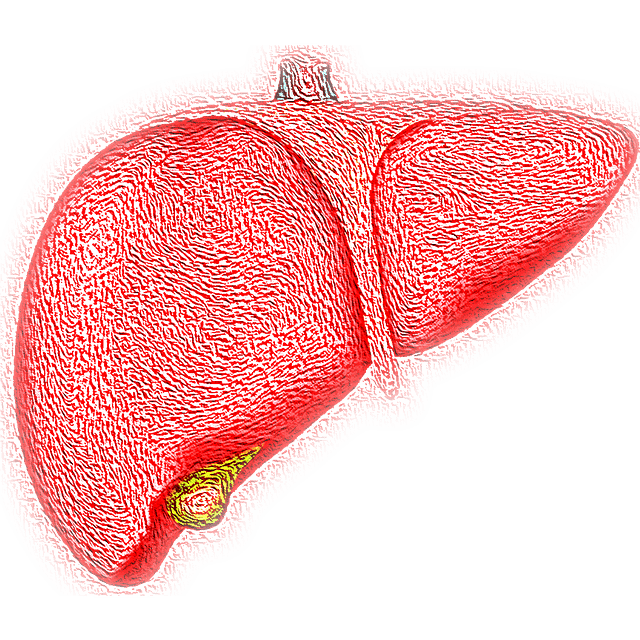Costs of Liver Transplants in Canada
Liver transplantation is an important medical procedure that can save lives, but it often involves significant financial considerations. In Canada, a country known for its universal health care system, many people wonder if a liver transplant is fully covered, or whether there are costs associated with it.
This article highlights various aspects of liver transplant cost and coverage in Canada, exploring topics such as insurance, public hospital costs, OHIP coverage, transplant requirements, donor matching difficulties and weight requirements.
While medical procedures related to liver transplantation are covered by Canada’s public health care system, there are costs associated with them that patients may need to consider.
Here are the estimated costs involved in various aspects of a liver transplant:
Costs Involved in Liver Transplants:
Pre-implantation evaluation:
The pre-transplant evaluation process involves a series of medical tests, imaging studies, and counseling. Although these services are generally covered by the public healthcare system, patients may incur incidental costs such as transportation and accommodation. These costs can vary depending on the distance patients have to travel and the length of their stay. On average, patients may need to budget $500 to $2,000 for these additional expenses.
Post-transplant medications:
After transplantation, patients need to take immunosuppressant medications to prevent rejection of the new liver. The cost of these drugs can be quite high and may not be fully covered by public health plans. On average, the annual cost of post-transplant medications can range from $10,000 to $20,000 or more. It is important to note that these costs may vary depending on the specific medications prescribed and individual health plans.
Non-Medical Expenses:
Patients and their families may incur additional non-medical expenses during the transplant process. These may include housing, food, and transportation during recovery. On average, patients may need to budget an additional $1,000 to $5,000 for these non-medical expenses, depending on factors such as the length of the recovery period and the location of the transplant center.
Living Donor Expenses:
In cases of living donor liver transplantation, where a portion of a healthy person’s liver is transplanted into the recipient, there may be costs associated with the donor’s medical evaluation, surgery, and recovery. Although some costs may be covered by the health care system, donors may still face out-of-pocket expenses. Depending on factors such as travel, accommodations, and time away from work, living donor expenses can range from $2,000 to $10,000 on average.
It is important to note that these cost estimates are approximate and may vary depending on individual circumstances, geographic location, and changes in health care policies. Patients undergoing liver transplantation should consult health care professionals, financial advisors, and their respective transplant centers to obtain accurate and updated information on potential costs and available support mechanisms. Additionally, private insurance coverage can help mitigate some of these expenses, emphasizing the need for thorough financial planning and understanding of individual insurance policies.
-
- The cost of a liver transplant can vary based on factors such as location, medical charges, healthcare facility, and insurance coverage.
- Evidence from 2023 indicates that a liver transplant costs approximately $878,4001.
- However, it’s important to note that the actual cost may differ based on individual circumstances.
Conclusion:
In summary, while medical procedures related to liver transplantation are covered by Canada’s publicly funded health care system, there are costs associated with them that patients may need to consider. Additional expenses, such as post-transplant medications, non-medical costs and some living donor expenses, may require financial planning and potentially private insurance coverage. It is essential for individuals facing a liver transplant to consult with health care professionals and financial advisors to fully understand the financial implications and explore available support mechanisms. While the aim is to provide accessible healthcare to all Canadians, the intricacies of liver transplant costs highlight the importance of being informed and prepared for potential out-of-pocket expenses.
Remember: This information is for general awareness and should not be a substitute for personalized medical advice. Consult your doctor for specific questions or concerns regarding liver transplants.
FAQs about Liver Transplants in Canada:
Q: Is a liver transplant free in Canada?
A: Yes, the surgery itself and post-operative care are covered by provincial health insurance plans in Canada.
Q: Are there any costs associated with a liver transplant?
A: While the surgery itself is covered, there might be some out-of-pocket expenses, such as:
-
- Medications not covered by provincial plans.
- Travel and accommodation costs if the transplant takes place at a distant hospital.
- Costs associated with pre-transplant evaluation (may be covered depending on the province).
Q: How can I find out about specific costs in my province?
A: Contact your provincial health insurance agency or the transplant center where you are being evaluated.
Q: Who is eligible for a liver transplant in Canada?
A: Eligibility is determined based on the severity of your liver disease and other factors such as your overall health and support system.
Q: What is the process for getting a liver transplant?
A: It typically involves a comprehensive evaluation, including blood tests, imaging scans, and psychological assessments. Once listed, you may wait months or even years for a suitable donor liver.
Q: Can I get a liver transplant from a living donor?
A: Yes, living donor liver transplants are possible in Canada. However, strict criteria apply for both donor and recipient.
Q: What are the long-term considerations after a liver transplant?
A: You will need to take lifelong medications to prevent rejection of the new liver. Regular follow-up appointments with your transplant team are crucial.
Q: Where can I find more information about liver transplants in Canada?
A: Here are some helpful resources:
The Canadian Liver Foundation: https://www.liver.ca/
Canadian Society of Transplantation: https://www.cst-transplant.ca/
Helpfull guide about liver: healthfitnesslove.com














